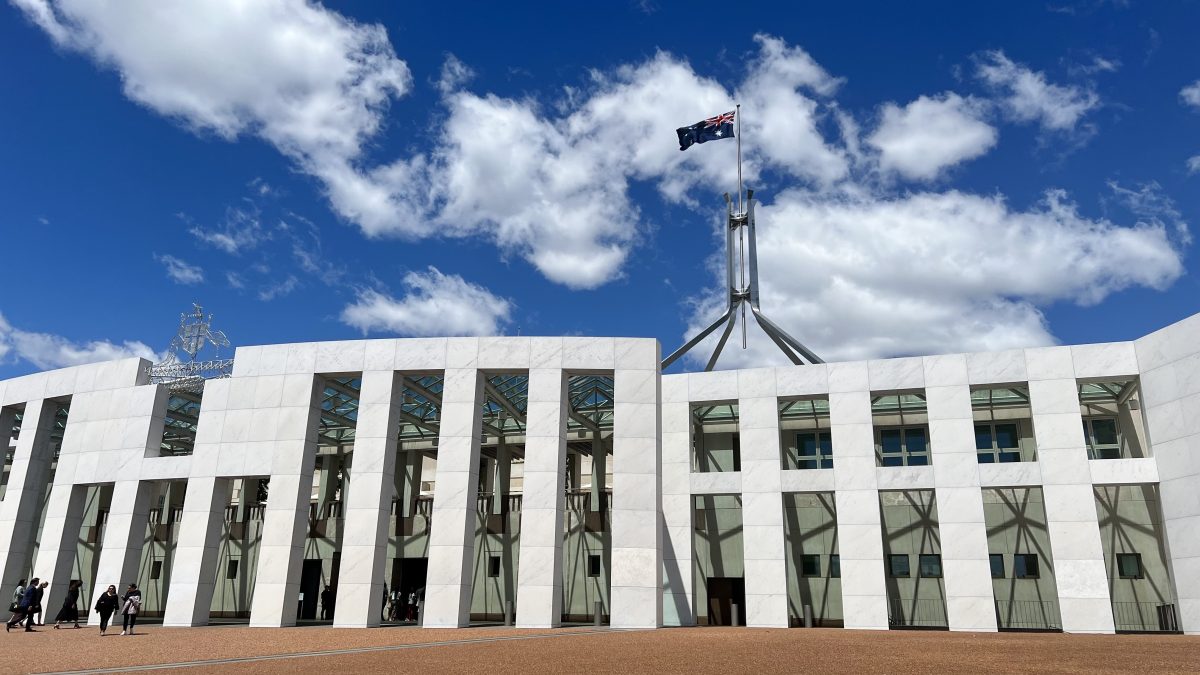
Staff working for government ministers will be trained on APS impartiality. Photo: James Coleman.
Teaching ministerial staff how to let public servants deliver for the government in a non-political way is a new focus for the Australian Public Service Commission.
While most public servants understand there is a clear demarcation between their work and that of their political masters (even if some of the hierarchy have been known to cross the line from time to time), it is ministerial offices where the greater problem appears to be.
Training in this area was developed two years ago for the APS’s Senior Executive Service and rolled out last year.
This year the focus of the training is turning to ministerial staffers to help them better understand how their relationship with public servants should work.
Outgoing APS commissioner Peter Woolcott said the Strengthening Partnerships Reference Panel was set up in 2021 to develop training material to “get the relationship working at its best”, and the SES was the first target.
“It will be cranked up this year, including for ministerial staff,” he said.
The commissioner said while ministerial staffers were dedicated and hardworking, with enormous pressures placed on them, there was a need for imaginative thinking around enhancing the working relationship between the APS and ministerial offices.
“There is the question of strategic patience and how you square genuine partnership, and the time that can take to build, with the desire of government and ministers who often want expeditious outcomes,” Mr Woolcott said.
It was extremely useful for the best and brightest from within the APS to be seconded to ministerial offices for specific times and projects.
The commissioner recommended the practice should be encouraged to help give public servants a deeper understanding of “the speed with which things move and the pressures that quickly bear down on ministers”.
But on the flip side, staff in those ministerial offices need a greater understanding of the APS’s role.
“We also need to do better at assisting political staff to understand how to utilise and work with the APS,” he said.
“Now, this should never undermine the apolitical nature of the APS.
“The reality is that ministers’ offices are an integral part of our system and it is their work that helps keep the APS impartial.
“Nevertheless, an understanding of the lines between their work and ours is crucial.”
Guidelines on the APSC’s website discussing dealing with ministerial offices highlight the need for public service staff to always be conscious of the APS Values, making special note that “the APS is apolitical and provides the government with advice that is frank, honest, timely and based on the best available evidence”.
“When working with ministerial offices, it is important to always understand the underlying political context,” the guidelines state.
“APS impartiality is fundamental, and the APS should not become part of the politics.
“However, APS staff need to understand ministers and governments operate in a political environment and need to be aware of the political context of their work.
“Ministerial advisers provide political and policy advice, enabling the APS to remain apolitical.”
Ministerial staff, however, appear to be not so explicitly instructed and there are many instances where some have pushed boundaries, making unreasonable requests for public servants to act politically at the behest of ministers.
The Royal Commission into the Robodebt Scheme has highlighted some serious flaws in the operation and relationships between ministerial offices and the APS.
How the illegal automated debt recovery scheme was rolled out and administered is one reason why specific training for ministerial staff became necessary.
“The issue really is that there’s a line between where their responsibility is and what our responsibility is, and it’s how you understand those lines,” said Mr Woolcott, who has worked himself in several ministerial offices, including as chief of staff to former prime minister Malcolm Turnbull.
“That’s probably more of an issue with people who have just started, just come into the ministers’ offices without much experience in government.
“It’s also a problem for senior public servants who have never worked up in the minister’s office and don’t necessarily have a good feel of what sort of pace that they’re subjected to and the different pressures that they’re subjected to.”




















